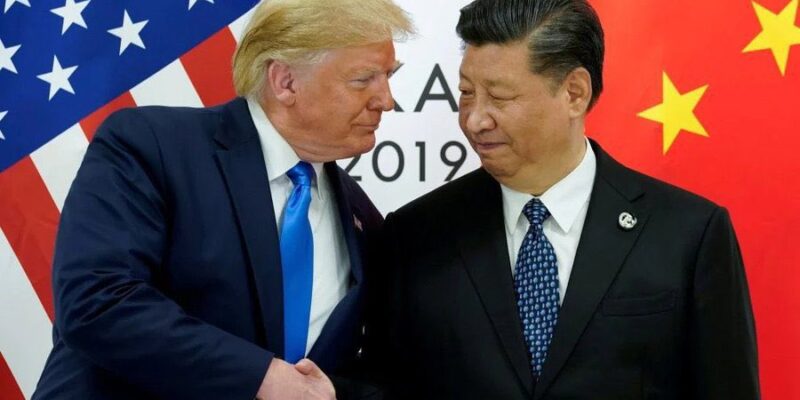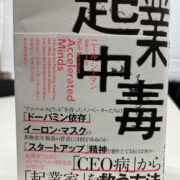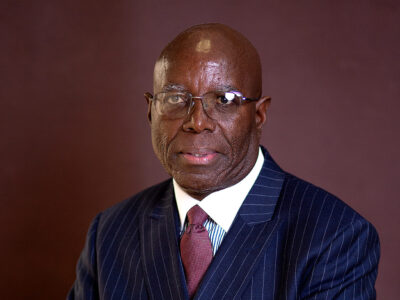Washington, D.C. – In a surprising move, U.S. President Donald Trump announced today that smartphones, computers, and semiconductor chips will be exempt from newly imposed tariffs, including those on goods imported from China. The decision, which comes amid ongoing trade negotiations and economic pressures, is expected to have significant implications for consumers, tech companies, and global supply chains.
The exemptions were revealed as part of a broader trade policy update, with the administration citing the need to protect American consumers and maintain the competitiveness of the U.S. tech industry. “We’re making smart deals that put America first, but we also know how important these products are to our people and our economy,” Trump said in a statement. “Keeping costs down on phones, computers, and chips is a win for everyone.”
The decision to exclude these critical electronics from tariffs is seen as a pragmatic step to avoid price hikes on consumer goods, especially ahead of the holiday shopping season. Smartphones and computers, heavily reliant on components manufactured in China, have been a focal point in trade disputes due to their centrality in both personal and professional life. Semiconductor chips, vital for everything from vehicles to medical devices, have also been under scrutiny as supply chain disruptions continue to challenge global markets.
Industry leaders expressed cautious optimism about the exemptions. “This is a positive signal for the tech sector,” said a spokesperson for a major U.S. electronics manufacturer. “It helps ensure affordability for consumers while we work toward more resilient supply chains.” However, some analysts warn that the exemptions may complicate negotiations with China, as the U.S. seeks to balance economic leverage with domestic priorities.
The announcement follows months of speculation about the scope of Trump’s tariff plans, which have aimed to boost American manufacturing and address trade imbalances. While tariffs on other goods, such as steel and textiles, remain in place, the carve-out for tech products suggests a targeted approach to avoid disrupting key industries.
Economists are divided on the long-term impact. Some argue the exemptions will stabilize prices and support innovation, while others caution that reliance on foreign manufacturing, particularly from China, could pose strategic risks. “It’s a short-term relief valve, but the bigger question is how we reduce dependency without shooting ourselves in the foot,” said Dr. Emily Chen, a trade policy expert at Georgetown University.
For now, American consumers can breathe a sigh of relief, as the cost of their next smartphone or laptop is unlikely to spike due to tariffs. The White House has indicated that further trade talks with China and other partners will continue, with a focus on “fair and reciprocal” agreements.
As the global economy watches closely, Trump’s decision underscores the delicate balance between protectionism and pragmatism in an interconnected world.














